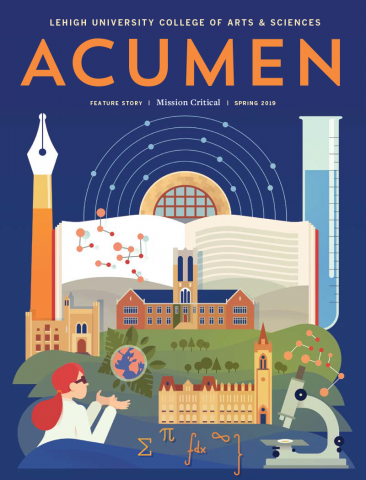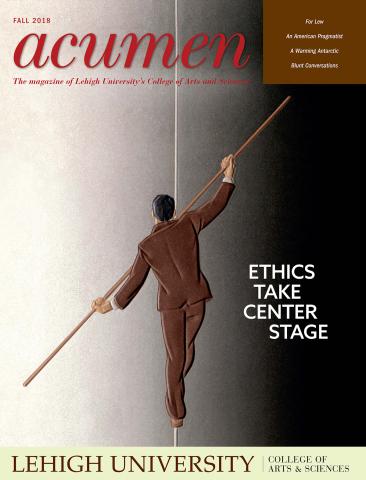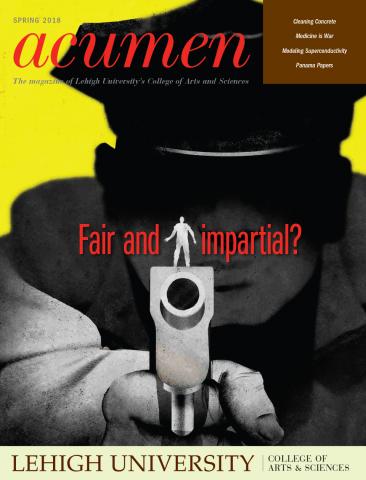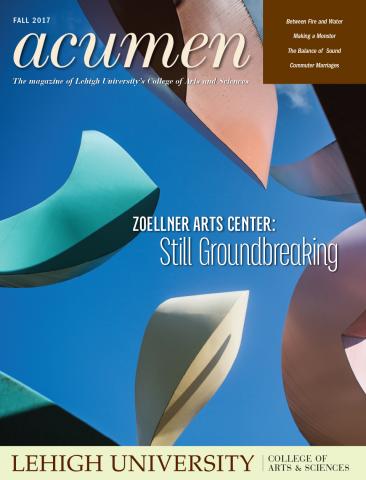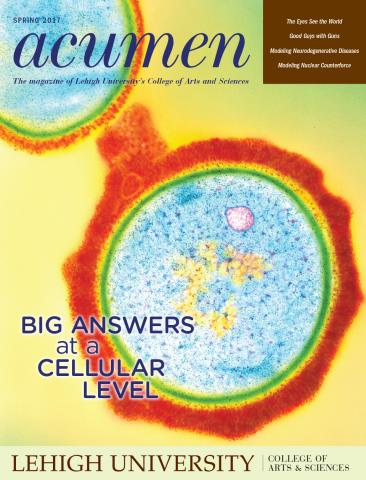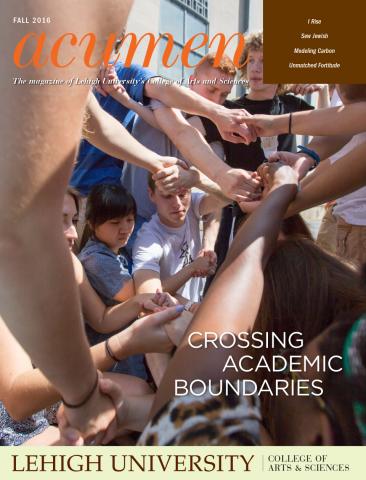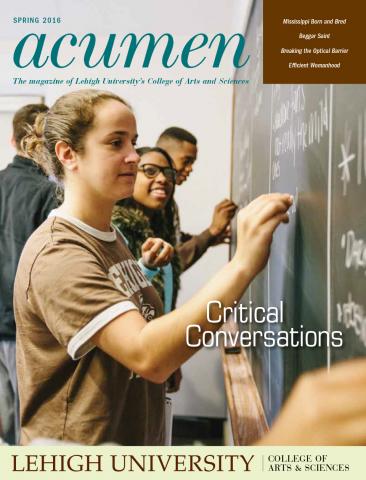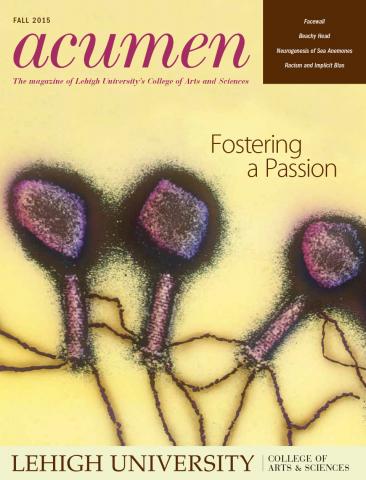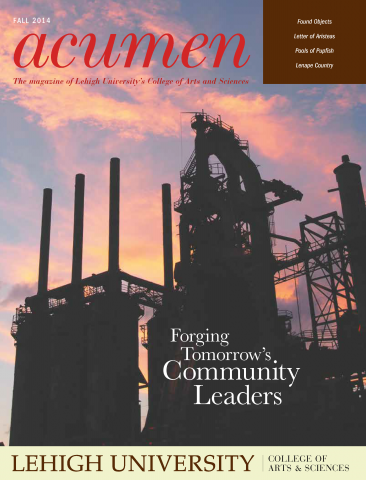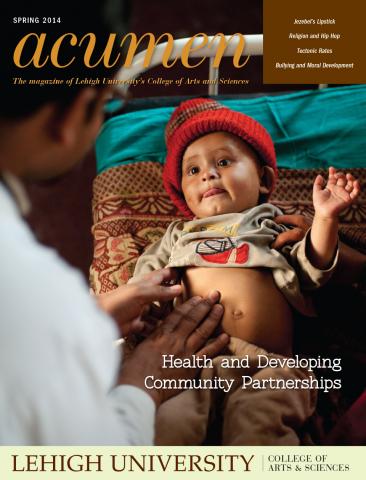
The role of women in early America is the focus of a recently published book by English professor Scott Gordon. In The Letters of Mary Penry: A Single Moravian Woman in Early America, Gordon provides unprecedented access to the intimate world of a Moravian single sister. This extensive collection of letters—compiled, transcribed and annotated by Gordon—provides a detailed glimpse into the life of an unmarried woman who worked, worshiped and wrote about her experience living in Moravian religious communities at the time of the American Revolution and early republic.
Penry, a Welsh immigrant and a convert to the Moravian faith, was well connected in both the international Moravian community and the state of Pennsylvania. Unhappy in her uncle’s Philadelphia home, Penry moved to the Sisters’ House in Bethlehem, Pa., in 1756. In 1762, she moved again, to the Moravian community in Lititz, Lancaster County, Pa. There, she served the community as schreiber (records keeper) and as fremden-dienerin (guide for visitors to the community). She died in 1804.
Gordon’s work brings together more than 70 of Penry’s letters, few of which have been previously published. His introduction helps readers understand the letters and the unique woman who wrote them. Penry wrote hundreds of pages of letters, many to her cousins living in Wales. These letters passed into the hands of a Welsh minister, who saved them until the 1880s, when a Pennsylvania historian found them and published a few of them. They ended up in the National Library of Wales, where Gordon traveled for his research. These documents make up a third of the letters collected in the volume.
“There just aren’t many large collections of first-person writing by early American women,” says Gordon, who is also Andrew W. Mellon Chair, “and few collections have been published. Penry’s letters offer an incredible record of everyday life. The work gives us a vivid picture of an ordinary woman, and the thing I find distinctive is that she stayed single the entire time. Almost every woman married at the time, but Penry was proud to be a single woman, and she helped other women stay single. Her perspective of a single woman is very unusual for an early American woman.”
Through Gordon’s book, Penry now has more than 100,000 words in print. Gordon described the voice in the letters as “bold and independent” and not the quiet, dutiful voice normally associated with Moravian church women. Penry had lived in a dormitory with many other single women and kept a diary for 40 years of the Sisters’ House happenings, which is now at the Moravian Archives in Bethlehem. Her writings go into great detail about American politics and culture.
“She’d be a cable news junkie if she were alive,” Gordon says. “She loved politics, even though she couldn’t vote. She read newspapers. She was very conservative, a Federalist, outspoken in her letters about her political views. She loved George Washington, hated Thomas Jefferson. Her views give us this amazing picture of life at the earliest stages of the republic.”






















